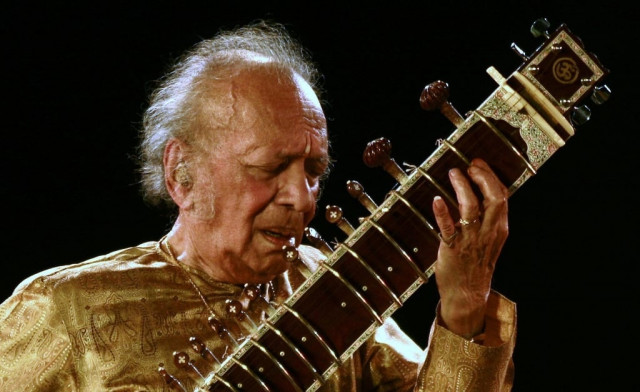Ravi Shankar
He may have been mainstream but he never sold out to get there; rest of the world had to make place for Ravi Shankar.

Ravi Shankar
Among Shankar’s more noteworthy achievements were the soundtrack he composed for legendary director Satyajit Ray’s Apu Trilogy, his orchestral composition work on the sitar and his reign as music director of All India Radio. Ultimately, though, his work may end up being defined by his overtures to the West. His performances at the Monterey Music Festival marked his rise in the Western consciousness and that he influenced George Harrison to buy a sitar and write “Norwegian Wood” marks an important contribution in the history of Western pop.
It is, perhaps, less well known that Shankar also oversaw music for mainstream Bollywood; movies such as Anuradha. This was truly a man who glided effortlessly between different worlds. The likes of Shankar simply do not exist anymore, with those who want to work in Bollywood forced to compromise artistry to make it in this moribund industry. Shankar was a figure large enough and a talent so unique that he could avoid this common pitfall. He may have been part of the mainstream but he never sold out to get there; it was the rest of the world that had to make place for Ravi Shankar.
Published in The Express Tribune, December 14th, 2012.













COMMENTS
Comments are moderated and generally will be posted if they are on-topic and not abusive.
For more information, please see our Comments FAQ